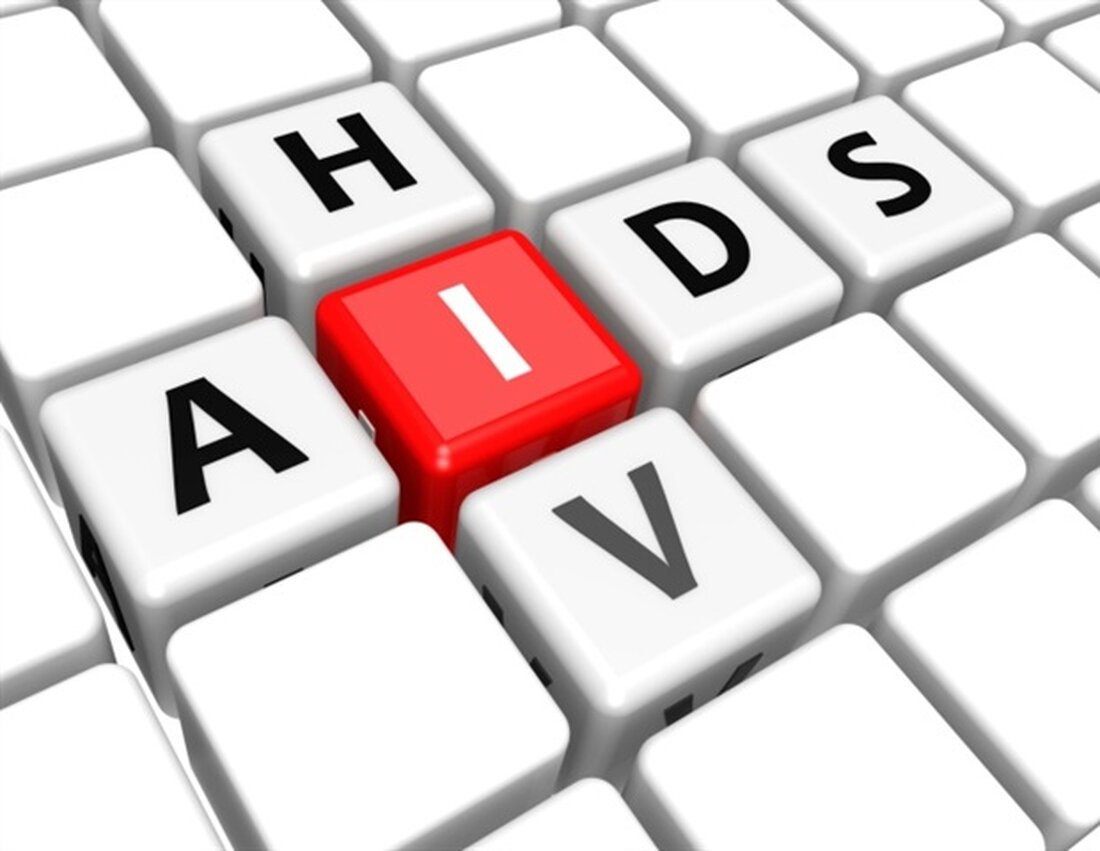Parents are a promising resource for HIV prevention among gay and bisexual male adolescents
A first-of-its-kind study published today suggests that parents can be taught to communicate with their gay or bisexual sons about safe sex. Even better – this study found that parents in the intervention group talked more with their sons about condoms and HIV and engaged in other parenting behaviors aimed at keeping their sons healthy. The study is the first to focus on parents of gay or bisexual sons and the first to demonstrate positive effects in a randomized controlled trial. The results of the new study are crucial because gay and...

Parents are a promising resource for HIV prevention among gay and bisexual male adolescents
A first-of-its-kind study published today suggests that parents can be taught to communicate with their gay or bisexual sons about safe sex. Even better – this study found that parents in the intervention group talked more with their sons about condoms and HIV and engaged in other parenting behaviors aimed at keeping their sons healthy.
The study is the first to focus on parents of gay or bisexual sons and the first to demonstrate positive effects in a randomized controlled trial. The new study's findings are critical because gay and bisexual youth account for nearly 80% of all HIV infections among teens. However, to date there have been very few public health interventions aimed at reducing HIV risk in this group.
By focusing on parents, this study shows that we may be able to reduce HIV risk among gay and bisexual male adolescents. Parents represent an untapped but promising resource to prevent HIV infection and improve sexual health in this underserved population.”
David Huebner, professor of prevention and community health at the Milken Institute School of Public Health, George Washington University
Hübner and his colleagues recruited 61 parents with sons aged 14 to 22 who had come out as gay or bisexual at least a month before. Half were assigned to the control group; These parents watched a 35-minute documentary designed to encourage parents to better understand and accept lesbian, gay or bisexual children.
The other half of the parents participated in the online Parents and Adolescents Talking about Healthy Sexuality (PATHS) program. The online program included videos and instructions for parents on how to improve their communication with a gay or bisexual son to stay healthy and how to engage in other parenting behaviors that can help promote sexual health.
Parents in this intervention arm of the study had a to-do list and were able to choose a variety of interventions aimed at improving their interactions with their sons regarding sexual health. Studies show that gay or bisexual youth are less likely to engage in sexual behaviors that put them at risk for HIV when parents have more frequent, higher-quality conversations about condoms and HIV with their sons, Hübner said.
For example, parents were given an information sheet about HIV that they could send to their sons without comment, or they could sit down and go through it together. The parents were also tasked with educating their sons about condoms. They could message their sons with an instructional video or show them how to put a condom on a banana.
Parents were also educated about the importance of HIV testing and provided guidance on how to help their sons obtain an HIV test.
At both the beginning and end of the three-month study, parents and sons were surveyed separately about the extent to which parents participated in the conversations and behaviors recommended by the toolkit. Both parents and sons independently reported that parents in the intervention group talked more with their sons about sexual health and helped them use condoms correctly. They also helped their sons get an HIV test.
“To our knowledge, this is the first intervention that has been shown to improve parental behaviors that support the sexual health of gay or bisexual youth,” Hübner said. “The next step is to show that these behavioral changes in parents translate into better sexual health outcomes for their sons.
Huebner and his team recently received additional funding from the National Institute of Mental Health to conduct a larger study of the intervention. For this study, they will enroll 350 parent-adolescent pairings and follow them for a year to see if the intervention truly reduces HIV risk for gay and bisexual young men. Interested families can learn more about the study and sign up to receive updates www.parentwithlove.org.
Source:
Reference:
Huebner, DM, et al. (2022) Impact of a parent-focused HIV prevention intervention for young men who have sex with men: A pilot randomized clinical trial. AIDS and behavior. doi.org/10.1007/s10461-022-03885-1.
.

 Suche
Suche
 Mein Konto
Mein Konto
